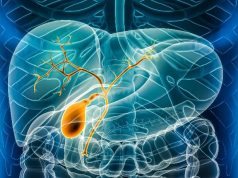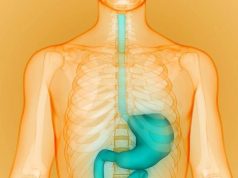Migrant travelers most often receive diagnoses of vitamin D deficiency and latent tuberculosis
By Elana Gotkine HealthDay Reporter
WEDNESDAY, June 28, 2023 (HealthDay News) — Of U.S. travelers with confirmed or probable travel-related diagnoses, the majority are nonmigrant travelers, who most often receive a gastrointestinal disease diagnosis, according to research published in the June 30 issue of the U.S. Centers for Disease Control and Prevention Morbidity and Mortality Weekly Report.
Ashley B. Brown, M.P.H., from the CDC in Atlanta, and colleagues summarized data from 20 U.S. GeoSentinel sites, which monitor infectious diseases and other adverse health events that affect international travelers. During a 10-year surveillance period (2012 to 2021), data were submitted on 18,336 patients, of whom 17,389 lived in the United States; 43.3 and 56.7 percent, respectively, were recent migrants to the United States and returning nonmigrant travelers.
The researchers found that of the 13,968 diagnoses among migrants, vitamin D deficiency, Blastocystis, and latent tuberculosis were the most frequent diagnoses (20.2, 10.9, and 10.3 percent, respectively); less than 1 percent were diagnosed with malaria. Among nonmigrant travelers, the most frequent of the 11,987 diagnoses were related to the gastrointestinal system (43.2 percent), with acute diarrhea, viral syndrome, and irritable bowel syndrome being the most frequent diagnoses (16.9, 4.9, and 4.1 percent); malaria was diagnosed in 3.5 percent of nonmigrant travelers.
“The findings in this report describe the scope of health-related conditions that migrants and returning nonmigrant travelers to the United States acquired, illustrating risk for acquiring illnesses during travel,” the authors write.
Copyright © 2023 HealthDay. All rights reserved.








